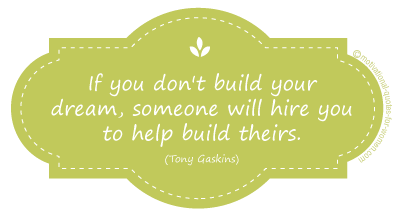
Starting the process of career planning is a self-assessment. After this assessment is complete, it's time to explore career options. Individuals should research the market to determine which fields and industries are growing. After that, they need to set both short-term (and long-term) goals. These goals can be either immediate or long-term, and the path they choose to take should be in accordance with those objectives. There are many aspects to be aware of during planning.
Self-assessment
Using a self-assessment as part of the career planning process can help you identify your interests and skills. Many people are drawn to a career that isn't right for them. This is why it's so important to understand your interests before you embark on a new career. The interest assessment questions can help you identify your strengths and weaknesses. These questions can help you determine if a job is right for your needs.

Information gathering
The job seeker collects information to help them choose their career path during the career planning phase. There are more than 31,000 careers on the federal government's list, but most students don't know much about them. A computer program like MyPlan, paper and pencil assessments, career publications, and other sources can help them narrow down their career choices. They may also receive information from other sources.
A list of career choices
The process of career planning involves an ongoing assessment of your interests and preferences. This can include analyzing your personality, work-life balance, technical skills, personality, and geographic preferences. Once you have compiled a list and ranked them according to their pros/cons, you can then rank them. While this can be frustrating and even counterproductive, it can also lead to progress. However, you should remember that career paths may offer different opportunities. There are also some common mistakes to avoid in this process.
Flexibility
While organizations are not immune to external forces, they are often a primary site for broader norms and rules related to flexibility. Being open to change can be a powerful way for you to overcome your anxiety and build a foundation of success. Follow these tips to increase your career flexibility if you're ready to embrace changes. Flexibility is a great benefit that can have a positive impact on your personal and professional life. Then, learn how to leverage the power of change to achieve your career goals.

Goals
Achieving success in your chosen field is not impossible. But to get there, you must set specific goals. Make your list comprehensive and include educational, training, and occupational goals. Include any obstacles in the way of your goals. These obstacles might be financial, academic, or vocational. There may be personal or family obligations that can also cause barriers. Make a timeline for each of your goals so you know when you can start taking action.